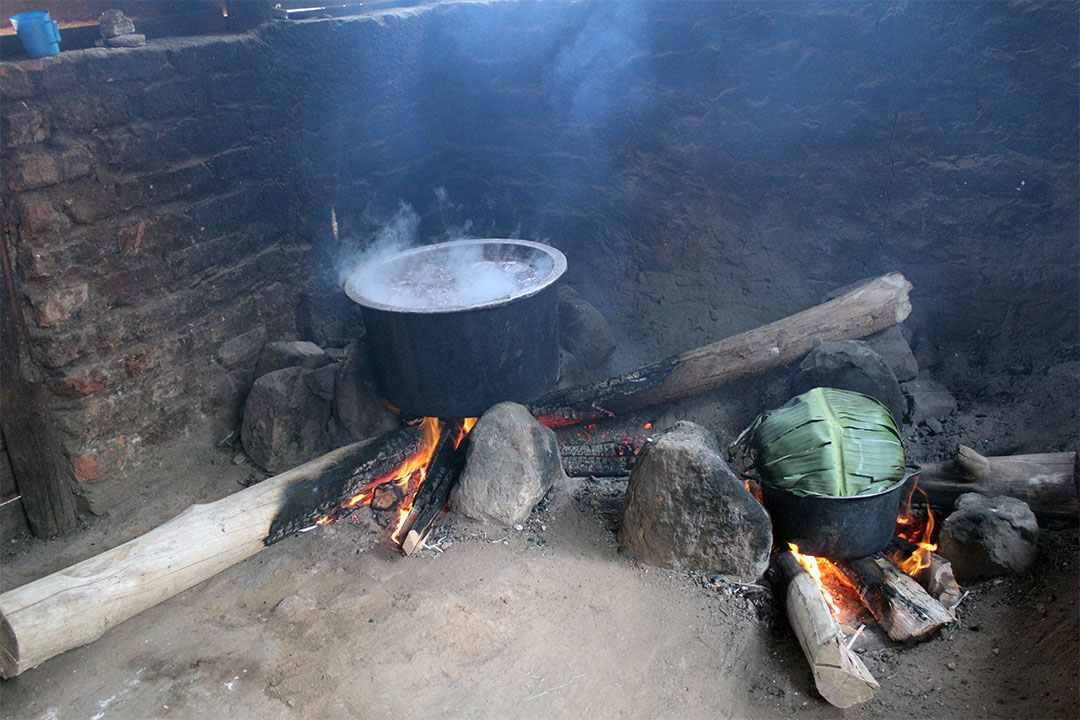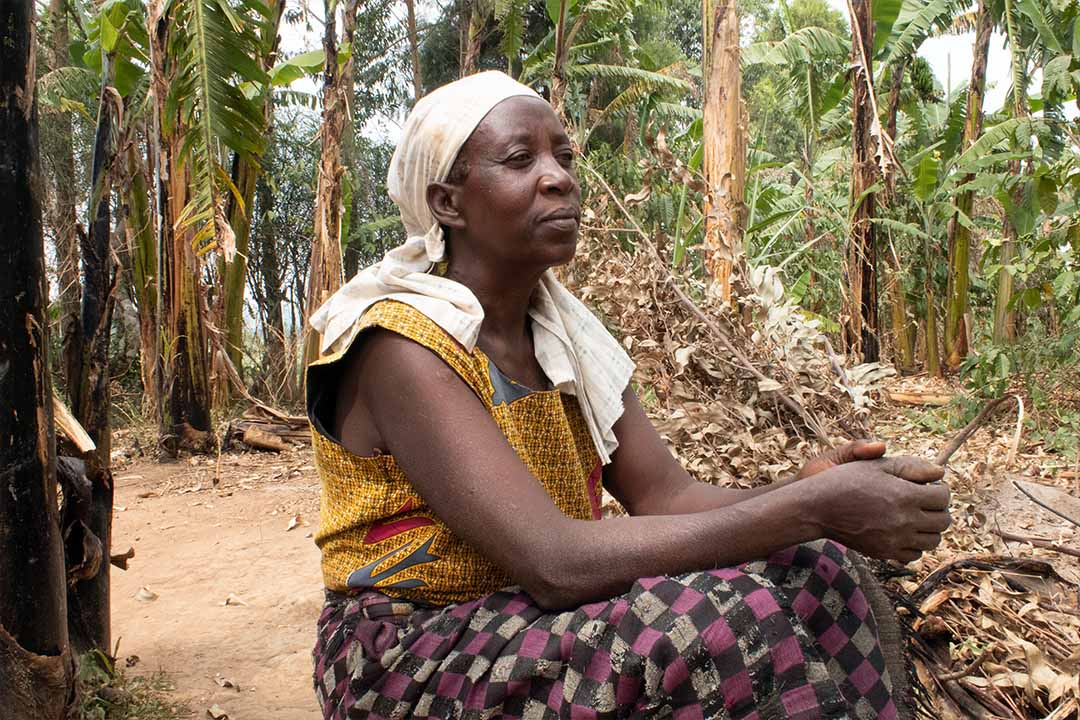Despite being married for 35 years, life hasn’t come around well for her to escape the smoke in the kitchen that has had her choke and cough for years. She has come to regret it – primarily because of the frequent trips to the nearby health centre she has had to make over the years.
The smoke from the kitchen firewood not only harms the environment but also affects the health of those who use it. The World Health Organization (WHO) estimates that 4.2 million people die from exposure to outdoor air pollution, in addition to the 3.8 million whose deaths are linked to household smoke produced by dirty stoves and fuels.
Shabamukama Lynn, a nurse working at Kajuju Health Centre II in Kyabugimbi Sub-County, Bushenyi District, revealed that the health centre receives between 5 – 10 mothers monthly presenting with irregular burning eyes, runny noses, and illnesses such as bronchitis – all consistent with effects of inhaling kitchen smoke.
“Everyone can be affected by inhaling smoke because it can trigger several respiratory diseases, especially in people with high-risk conditions. Expectant mothers may also want to take precautions to protect the health of their babies, Shabamukama noted.
“I have been using these small pieces of firewood because I have no choice. If I had access to other means, I would have abandoned this method long ago. I collect firewood on my own or sometimes send my grandchildren to help while doing other tasks at home, such as digging, weeding, and cooking,” Tumushabe added.
Due to deforestation, Tumushabe now must contend with small pieces of wood. This has affected her and other community members; as Justine Bigirwa, the headteacher at Patience Primary School, explains, “We have even had to revise our school fees to incorporate the high costs of firewood that skyrocket by the day. Sometimes, our meals are delayed due to such challenges, which causes much discontent among the learners because most of them come from their homes without having anything to eat.
Driver for gender-based violence
The delays that Bigirwa speaks of have also spilt into homes, fueling tensions that often spill into domestic and gender-based violence.
“It is hazardous to send my little girls out there to collect firewood or water because these places are very far and dangerous. I fear they would be abused or harmed,” Tumushabe says.
Last Drop Africa, in partnership with ECO Stoves and several district local governments in Western Uganda, is championing sensitization campaigns on the dangers of cooking with firewood while providing clean alternative energy solutions suitable for rural communities.


